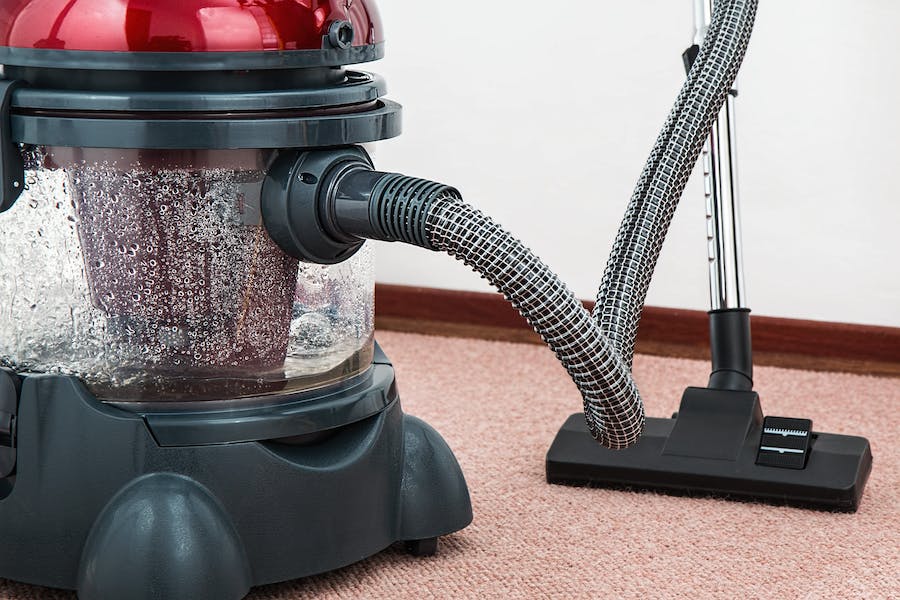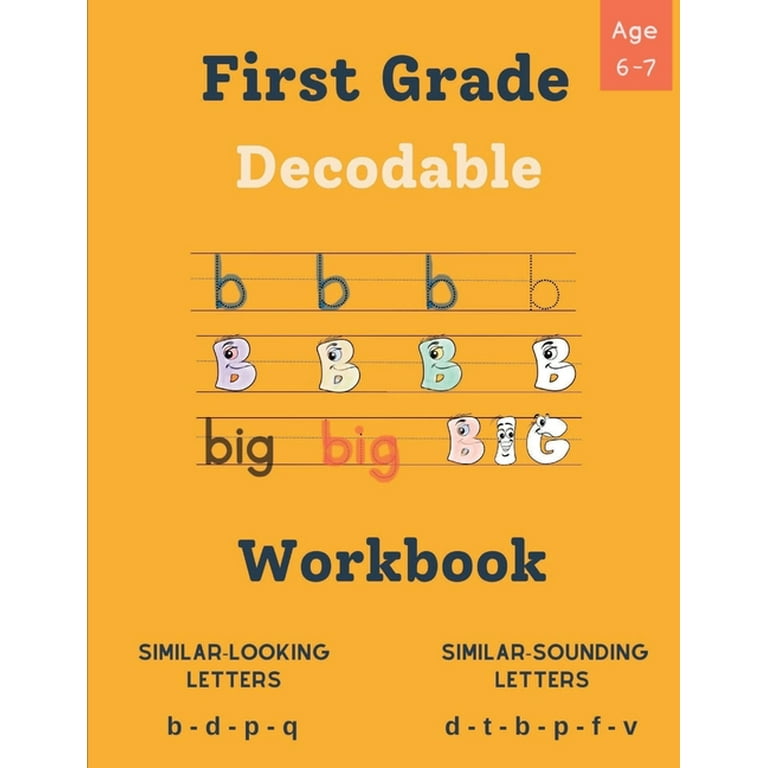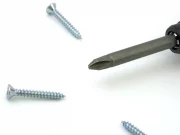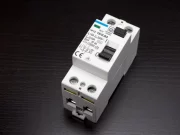
Determining the age of your appliance involves checking its model and serial number. Manufacturers often encode the production date within these identifiers.
Discovering the exact age of your home appliance is an essential step in maintenance and repair planning. It helps homeowners understand potential warranty coverage, assess the value of their appliances, and make informed decisions about when to upgrade. Each manufacturer has a unique system for encoding the date of manufacture in the serial number, which typically indicates the year and week or month of production.
This information is valuable for tracking your appliance’s lifespan, scheduling servicing, and when considering energy efficiency upgrades. To ascertain the age of your appliance, you’ll need to locate and interpret the serial number—usually found on a label or metal plate in an inconspicuous location. Once you have this information, you can usually consult the manufacturer’s website or customer service to decode the age of your appliance, ensuring you have accurate knowledge of its lifecycle.
Decoding The Age Of Your Appliance
Welcome to the mystery of decoding the age of your appliance. Just like a hidden treasure, the real age of your home appliance is often concealed within a code. Understanding how old your household machines are can save you time and money.
The Importance Of Knowing Your Appliance’s Age
Finding out how old your appliance is can be crucial. It affects decisions from maintenance to replacements. Warranties are time-sensitive. Efficiency often decreases with age. Parts availability becomes scarce for older models. All these factors shape your home management and budgeting strategies.
- Check warranty status
- Plan for upgrades or repairs
- Analyze energy efficiency
- Predict lifespan
The Secret Language Of Appliance Serial Numbers
Appliance serial numbers tell a story. Manufacturers embed the manufacture date within these characters. Deciphering this code reveals your appliance’s age.
| Brand | Serial Number Sample | Decode Hint |
|---|---|---|
| Whirlpool | XM0412345 | X=Month, M=Year |
| GE | RF45321 | R=Year, F=Month |
| LG | 912KMDA28345 | 9=Year, 12=Month |
Different brands have different codes. You may find letters corresponding to months or numbers reflecting the production year. Many manufacturers offer online tools and resources that simplify this process.
- Locate the serial number on your appliance
- Consult the brand’s decoding chart
- Calculate the manufacture date
Locate The Serial Number
Wondering how old your appliance is? The secret lies within the serial number! This unique code tells you the manufacture date. Let’s uncover where to find it.
Common Places To Find Your Appliance’s Serial Number
Finding the serial number is your first step. Each appliance has its own secret spot. Check these common places:
- Refrigerators: Inside on the wall or ceiling
- Ovens: Near the door frame or behind the control panel
- Washers and Dryers: Behind or on top of the control panel
- Dishwashers: On the door edge or door jamb
- Microwaves: Inside, on the frame
Reading The Serial Number: Manufacturer Specifics
Read the code right and you’ll know your appliance’s age. Each brand has its own code style. Here’s a small guide:
| Manufacturer | Code Example | How to Read It |
|---|---|---|
| Whirlpool | XM0301199 | The first two letters stand for the month and year. |
| GE | GAFF12345 | The first letter represents the month and the second the year. |
| LG | 604RMMD8U403 | The first three digits often indicate the year and month. |
Remember, this is a general guide, and variations may occur. For the most accurate information, refer to the manufacturer’s website or user manual.
Understanding Manufacturer Date Codes
Ever wondered how old your fridge or dishwasher is? Manufacturers use special codes to tell us. These aren’t just random jumbles of letters and numbers. They’re like secret messages about when a machine was made. Let’s unlock these codes and find out the real age of our appliances.
Breaking Down The Code: Letters And Numbers Explained
Unraveling these codes gives us the production date. Most often, the code includes a letter representing the year and numbers for the month and week. Look for a serial number sticker or plate on your appliance. It holds the key to the code.
- A letter might stand for a year. ‘A’ could mean 2001 or 2021.
- Numbers show the month or week. The number ’05’ might mean May or the fifth week of the year.
Different brands might have different rules. For example:
| Brand | Sample Code | Year Representation | Month/Week Representation |
|---|---|---|---|
| Brand X | X05C | ‘X’ means 2020 | ’05’ is the fifth week |
| Brand Y | Y21-07 | ‘Y’ means 2021 | ’07’ is July |
Once you spot the code, you can learn your appliance’s age.
Comparing Date Code Systems Across Brands
Not all brands speak the same code language. Here’s a simple guide to help you compare:
- Some use the first two numbers for the year, like ’19’ for 2019.
- Others use the last two numbers, so ’19’ could mean 2019 or 1919!
- Each brand has a chart. This chart matches letters to years.
- Brands like GE use the first letter for the month and the second for the year.
Check the brand’s website for specific decoding instructions. They might even have a tool to enter your serial number and get the production date. No two brands are alike, so a quick brand check goes a long way!

Credit: www.walmart.com
Online Tools And Resources
Discovering the age of an appliance need not be a puzzle. Online tools and resources make this task straightforward. Homeowners often turn to the internet to determine the life span of their household appliances. This knowledge comes in handy for repairs, maintenance, and potential upgrades.
Websites To Decode Your Appliance’s Age
Several websites offer free services to help pinpoint how old an appliance is. Users simply enter the serial number found on their device. These tools cross-reference the number with manufacturer data to reveal the production date. Here’s a list of site characteristics to help in the search:
- User-friendly interface: Ensures easy navigation.
- Comprehensive databases: Covers a wide range of brands and models.
- Instant results: Offers prompt feedback upon serial number submission.
Users can generally find the serial number on the back of the appliance or inside the door.
How To Contact Manufacturers For Age Information
Contacting the appliance manufacturer directly can yield accurate age information. The customer service department usually handles such requests. The process involves:
- Locating the customer support phone number or email address.
- Gathering the appliance model and serial number beforehand.
- Politely requesting the manufacture date from the representative.
Manufacturers often maintain records and should provide the appliance’s age promptly.
Implications Of Appliance Age
Understanding the age of an appliance reveals more than just how long it has been in service. It impacts maintenance, efficiency, and safety. Unveiling the appliance’s age can determine optimal functioning and cost-savings over time. Let’s explore the implications of appliance age and what it means for every household.
When To Consider Repairing Or Replacing
Performance issues often mean facing a decision: repair or replace? The choice depends on age. For instance, appliances over a decade old may require more repairs. Consuming more energy can also prove costly. In contrast, newer models may benefit from a simple fix due to availability of parts and remaining warranty. Strategic decision-making ensures efficiency and savings.
- Repair: cost-effective for newer appliances.
- Replace: beneficial for outdated or inefficient models.
The Age Factor In Appliance Efficiency And Safety
Older appliances often lag in efficiency, leading to higher bills. They may also fall short of safety standards. Today’s appliances conform to stricter energy and safety regulations. Upgrading can safeguard against hazards and ensure kitchen and laundry routines are cost-efficient and environment-friendly.
| Appliance | Average Lifespan (Years) | Recommended Action |
|---|---|---|
| Refrigerator | 10-13 | Consider efficiency |
| Washing Machine | 8-12 | Monitor performance |
| Dishwasher | 9-10 | Assess repair costs |
| Oven | 10-15 | Check for safety compliance |
Consistent maintenance extends appliance lifespans. Yet, no appliance lasts forever. Making informed decisions about repairs or replacements is essential. Doing so boosts efficiency, ensures safety, and manages expenses. Know the age, study the signs, and act wisely.

Credit: www.linkedin.com
Care And Maintenance Tips
Knowing the age of your appliance is one piece of the puzzle. Giving your machines the proper care is how you keep them running smoothly for years. Imagine your appliance as a car. Regular oil changes keep it purring, right? It’s the same with your home appliances. Stick to a maintenance schedule, and they won’t conk out on you when you least expect it.
Extending The Lifespan Of Your Appliances
Longevity is key. Appliances are big investments. Let’s make them count. Here’s how to extend their lives:
- Read the manual. It seems basic, but it’s full of gold.
- Clean regularly. Dust and grime are the enemies of performance.
- Full loads. But not overfull. Balance washing machines and dishwashers just right.
- Gentle use. Treat them well, and they return the favor.
- Replace parts. Sometimes, a small fix prevents a big problem.
Routine Checks To Keep Appliances Young
Routine checks can make a world of difference. Think of it as a fitness routine for appliances. Here’s a checklist:
| Appliance | Checklist Item | Frequency |
|---|---|---|
| Refrigerator | Clean coils | Every 6 months |
| Oven | Check door seals | Every 3 months |
| Dishwasher | Inspect and clean sprayer arms | Every month |
| Washer | Check hoses | Every 3 months |
| Dryer | Clean lint filter | After each use |
Regular maintenance ensures appliances don’t age before their time. Listen to them—they speak. When they’re louder, less efficient, or not as effective, they’re asking for care. Small, consistent efforts save you from hefty repair bills and sudden breakdowns. Treat them well, and they’ll do their job, day in and day out, without a fuss.

Credit: www.youtube.com
Frequently Asked Questions Of How Old Is My Appliance
How Old Is My Appliance By Serial Number?
To determine an appliance’s age by its serial number, consult the manufacturer’s website or customer service for decoding guidance specific to the brand. Each manufacturer has a unique serial number format that often includes the production date.
How Do I Find The Manufacture Date Of A Serial Number?
Check the product’s user manual or contact the manufacturer with the serial number to determine the manufacture date. Some companies also offer online tools to decode serial numbers.
How Old Is My Frigidaire Appliance By Model Number?
Determine the age of your Frigidaire appliance by deciphering the serial number. The second letter typically indicates the year, and the first number often represents the month of manufacture. Refer to Frigidaire’s date code guide for precise interpretation.
How Can I Tell What Year My Ge Washer Was Made?
Check the serial number on your GE washer, usually located on the inside door or back. The first letter corresponds to the month and the next two digits to the year of manufacture. Use a GE serial number decoder chart for reference.
Conclusion
Determining the age of your appliance need not be a mystery any longer. With the tips provided, accuracy in gauging your appliance’s lifespan is within reach. Remember, the model and serial number are key to unlocking this information. Regular maintenance can help extend its life, ensuring it serves you well for years to come.
Keep your home running smoothly by staying informed about your appliances.




















